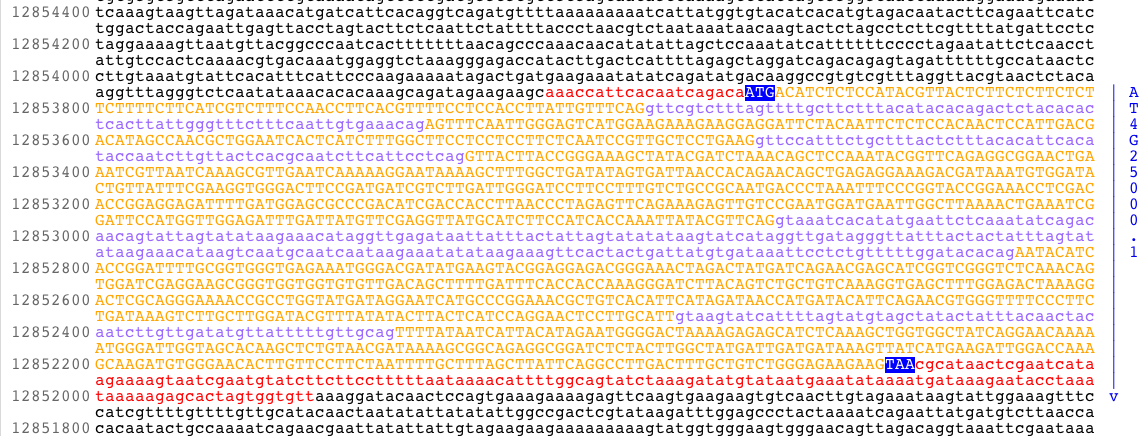

| Online: | |
| Visits: | |
| Stories: |

| Story Views | |
| Now: | |
| Last Hour: | |
| Last 24 Hours: | |
| Total: | |
American Scientists Want to Manufacture Synthetic Human Genomes
Follow TIS on Twitter: @Truth_is_Scary & Like TIS of Facebook- facebook.com/TruthisScary

It’s only been 13 years since scientists at National Human Genome Research Institute finished sequencing the human genome, but now another group of American scientists are calling for a 10-year project aimed at creating their own human genomes from scratch.
The proposal for the project, known as the ‘Human Genome Project—Write’, was published inSciencelast Thursday and announced the group’s intention to launch the project this year with the $100-million it will secure in funding.
As argued in the paper written by 26 prominent geneticists, HGP-Write is the logical continuation of the Human Genome Project, which successfully sequenced 99.9 percent of all the DNA humans have in common, otherwise known as the human genome.
“Genome synthesis is a logical extension of the genetic engineering tools that have been used safely within the biotech industry for ~40 years and have provided important societal benefits,” the authors wrote in the paper. “HGP-write will require public involvement and consideration of ethical, legal, and social implications (ELSI) from the start. Responsible innovation requires more than ELSI, though, and involves identifying common goals important to scientists and the wider public through timely and detailed consultation among diverse stakeholders.”
The ostensible aim of the project would be to reduce the cost of engineering large DNA sequences in labs by over 1000 times in 10 years. This could lead to important biotech innovations like growing human organs that could be used for transplants, and cell lines that are engineered to be resistant to viruses and cancers. Although the authors acknowledge their proposal is “ambitious” and given the current cost of genome sequencing likely to be very expensive, they expect technology to advance in tandem with the project, drastically reducing its cost over time.
“Total project costs are difficult to estimate but would likely be less than the $3 billion cost of HGP-read,” they wrote.
A reduction 1000-fold reduction in the cost of engineering DNA sequences might sound overly optimistic, but there is a historical precedent. In the 15 years since the original Human Genome Project began, the cost of sequencing an entire human genome has dropped from $100 million to around $1000 today—a 100,000-fold decrease. By comparison, a 1000-fold reduction in cost seems pretty modest.
Source: http://truthisscary.com/2016/06/american-scientists-want-to-manufacture-synthetic-human-genomes/


